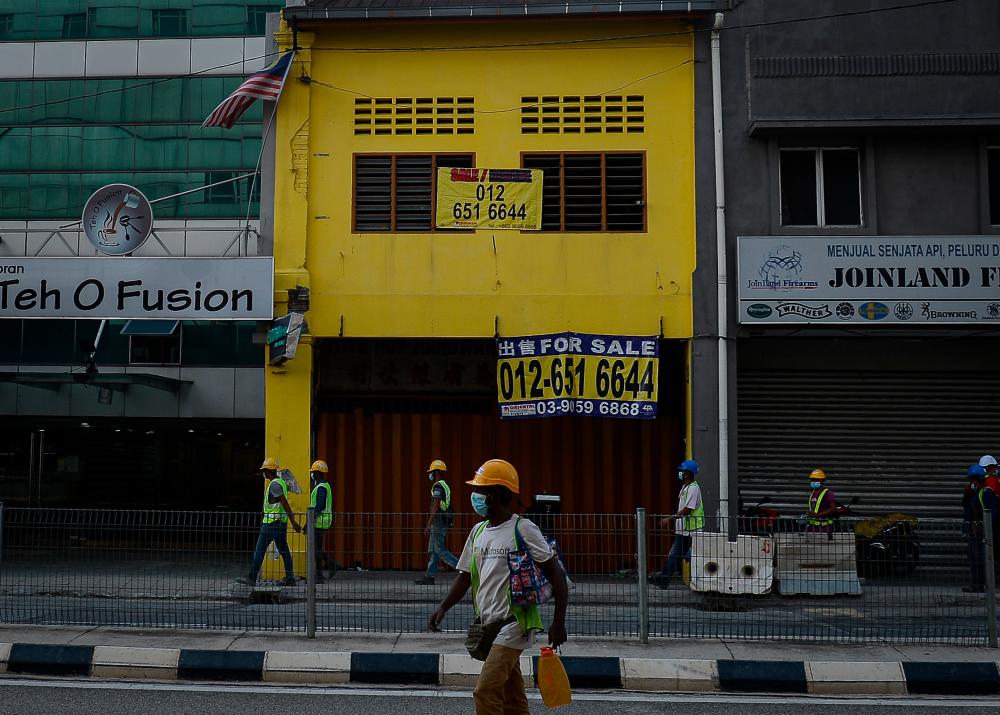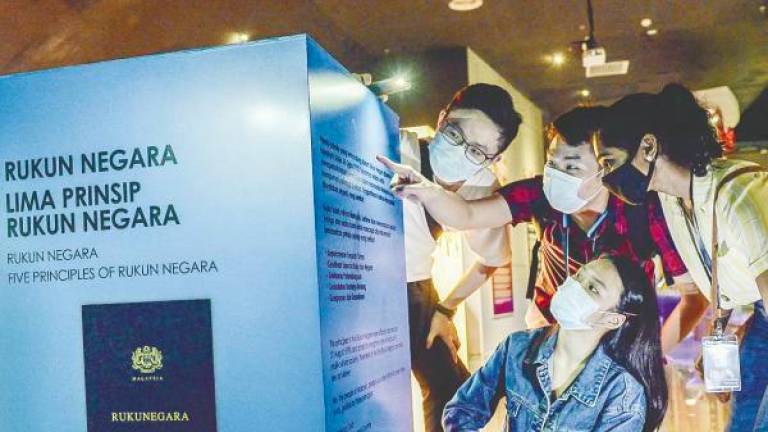THE Covid-19 pandemic has greatly undermined recent health advances, driven more people into poverty and food insecurity, as well as amplified health inequities.
Despite affecting all population segments, migrant workers are said to be the worst hit, following various issues they face as outsiders in a foreign land.
Malaysia is home to at least two million documented migrant workers, while two to four million - who are mostly from Indonesia and Bangladesh - are illegals.
This means nearly one in five workers in Malaysia is a documented foreign labourer.
Generally, they are expected to arrive in good health before entering our country, but the global rise in non-communicable diseases (NCDs) has dramatically increased the likelihood of them arriving with pre-existing chronic conditions, which makes them more likely to become severely ill and die from Covid-19.
Common health problems associated with migrants include psychological disorders, injuries, infectious diseases, and under-managed NCDs such as hypertension, diabetes and heart disease.
The circumstances surrounding their migration may also expose them to greater health risks, including those encountered during transit and in the destination country.
For those with current or previously well-managed NCDs, this can result in exacerbations or life-threatening complications due to critical or prolonged interruptions in treatment or loss of medication.
This has led to the World Health Organisation (WHO) calling on governments everywhere to tackle NCDs, in a bid to eliminate health inequities among foreign labourers.
However, this is not something migrant workers can overcome by themselves.
An upstream intervention approach at the institutional level together with multisectoral collaboration is needed.
In Malaysia, documented and undocumented immigrants face multiple barriers to healthcare access due to language, immigration status, low income, poor education, perceptions of discrimination, transport problems, culturally-based healthcare beliefs and values, and a complex Malaysian healthcare system.
So, what can we do to reduce the health inequities faced by these migrant workers?
The Ottawa Charter outlines five key priorities that we can look into:
> Building healthy public policy by adopting a health in all policies (HiAP) approach to ensure policies within all sectors of government, not just the healthcare sector, promote the health of migrants;
> Creating supportive environments by improving social services and the quality of physical and social environments in which migrants live;
> Strengthening community actions by prioritising community-centred approaches that mobilise the resources and assets within migrant communities and building local capacities;
> Developing personal skills by investing in language support and health literacy initiatives to develop migrants’ personal skills in the host country; and
> Reorienting health services by promoting cultural and diversity-sensitive approaches to healthcare and building a culturally competent health workforce that is responsive to the unique needs of migrant populations.
In conjunction with the year 2021’s theme for World Health Day, which is to “Build a fairer, healthier world” by eliminating health inequities, these reforms would be timely.
Dr Alia Daniella Abdul Halim, Professor Dr Moy Foong Ming and Professor Dr Noran Naqiah Hairi are with the Centre of Epidemiology and Evidence-Based Practice, Department of Social and Preventive Medicine, Faculty of Medicine at University of Malaya. Comments:













